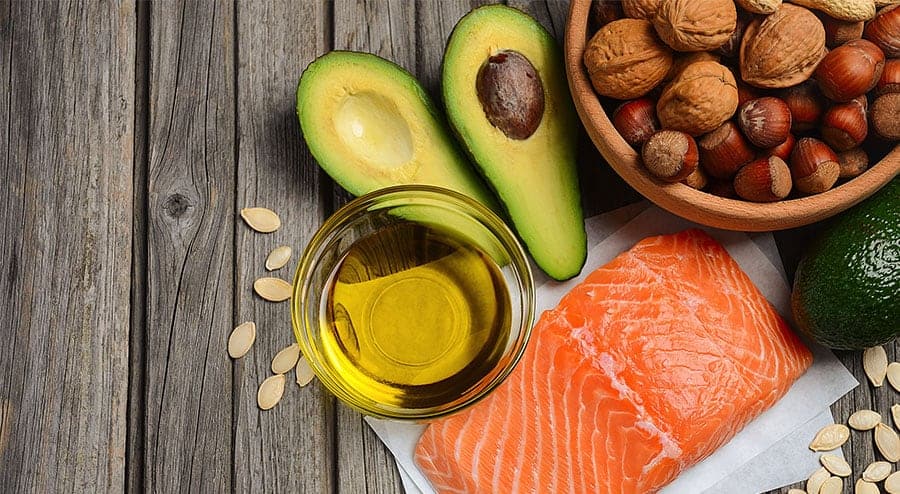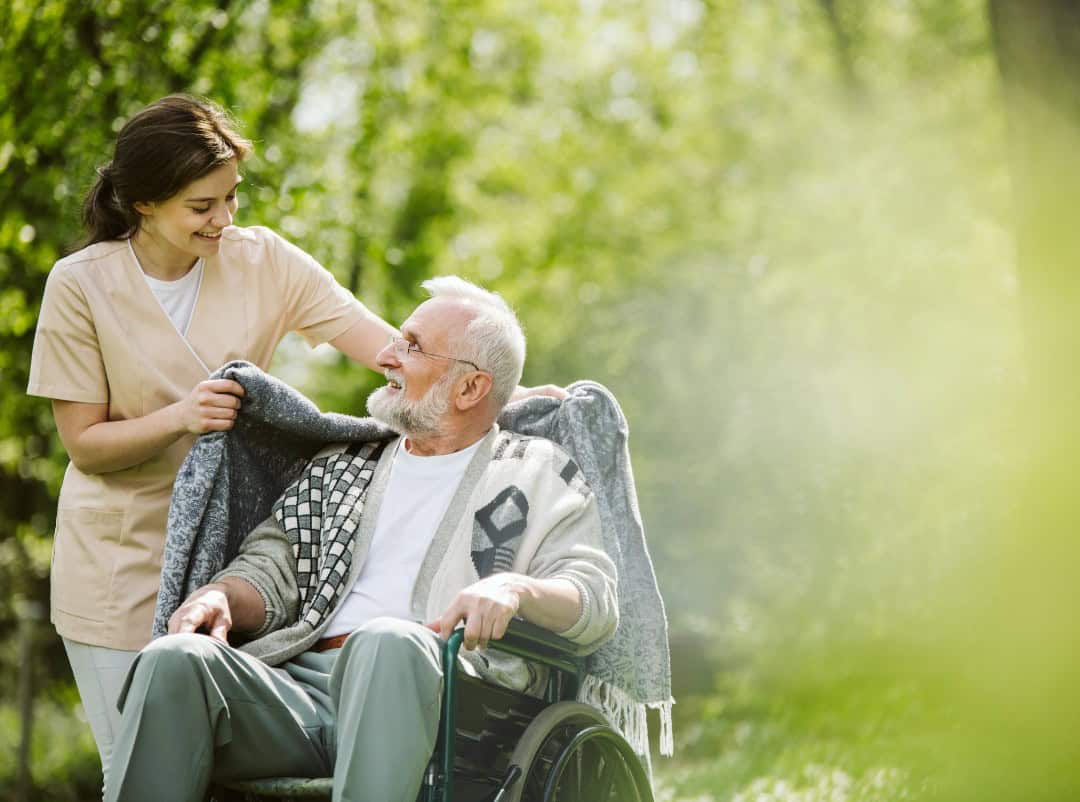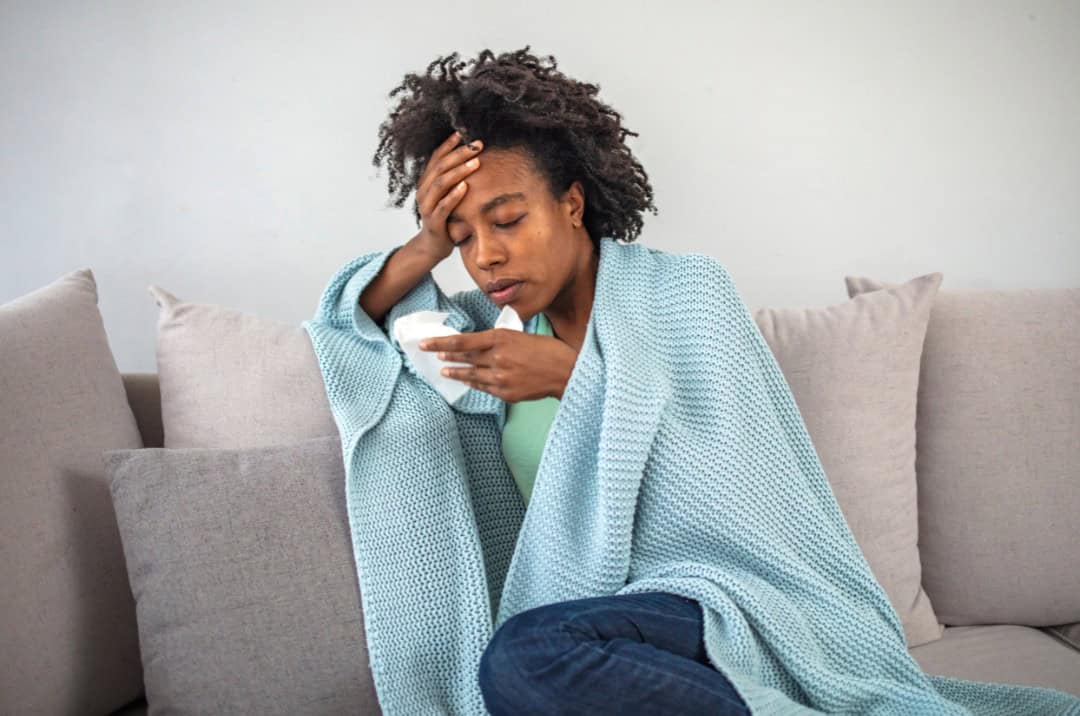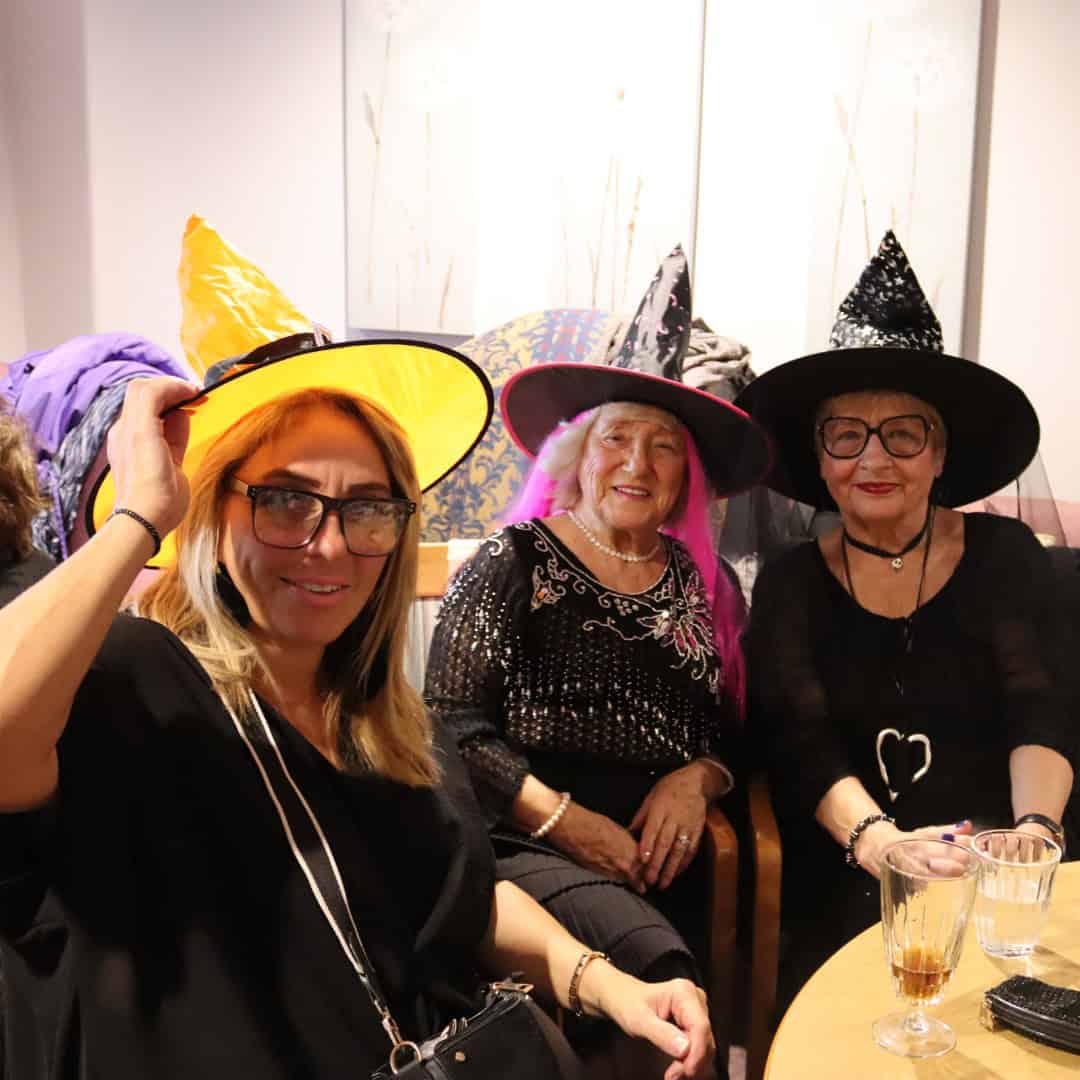Help Yourself to a happier, healthier and longer life with some of our tips.

Watch what you eat and drink
You don’t need to spend a lot of money on “good” food just ensure you include fresh fruit and vegetables into your diet with small amounts of dairy and lean meat.
Don’t forget to top-up with lots of water to avoid dehydration, which can make you feel tired and confused. Tea, coffee and fruit juice will also help you to stay hydrated, but avoid sugary fizzy drinks.
Good Oral Hygiene
Brush your teeth twice a day and floss daily. Floss helps to prevent gum disease by removing pieces of food and plaque from between the teeth.
If you have dentures then clean them every night to prevent infections in your mouth.
Not looking after your gums can result in sore or bleeding gums, and gum disease can also be linked to diabetes, strokes, heart disease and rheumatoid arthritis.
Have regular check-ups and, if you wear dentures or have a bridge, ask your dentist to check that they fit properly.

Stay active
Daily exercise helps you to stay strong and healthy. This will lower your risk of obesity, heart disease, stroke, diabetes, and even cancer. If that wasn’t enough, staying active can boost your self-esteem, improve your sleep, and give you more energy.
Government guidelines recommend that older adults do 150 minutes of moderate intensity activity per week, as well as strengthening exercises twice a week.
People who are not able to do this level of exercise can still do armchair exercises follow this link for more details
https://www.nhs.uk/live-well/exercise/sitting-exercises/

Regular Check Ups with your doctor
It’s a good idea to get some routine tests done at the doctors to check your blood pressure and cholesterol levels. High readings increase your risk factor for stroke and heart disease but any problems are completely reversible with medication.
You know your own body so if somethings not right get it checked out. It’s always easier to treat something at the start of the symptoms.

Get a vitamin boost
Lots of people have a vitamin D deficiency and don’t know it. In fact, it’s estimated that it affects half of the adult population. Vitamin D deficiency has been linked to cognitive impairment, bone problems and also cardiovascular disease.
Try to get outside in the sunshine for at least 15-20 minutes a day for a vitamin D boost. It can also be found in food such as eggs and oily fish. Alternatively, talk to your doctor about a vitamin D supplement.
Make sure you sleep properly
Avoid insomnia by cutting down on daytime naps, establishing a bedtime routine and going to bed at the same time each night.
Try a warm drink such as chamomile tea or hot milk before you go to bed and try not to eat too late.

Stay in touch
Spending time with other people can prevent you from feeling lonely or anxious. If you find that you are no longer able to do the things you used to do, try to develop new hobbies and interests or think about becoming a volunteer.
Use Skype to make video phone calls to friends and family who don’t live nearby.
If you are struggling with loneliness click on this link https://www.campaigntoendloneliness.org/helpful-links/ there are a number of websites showing local contacts.








